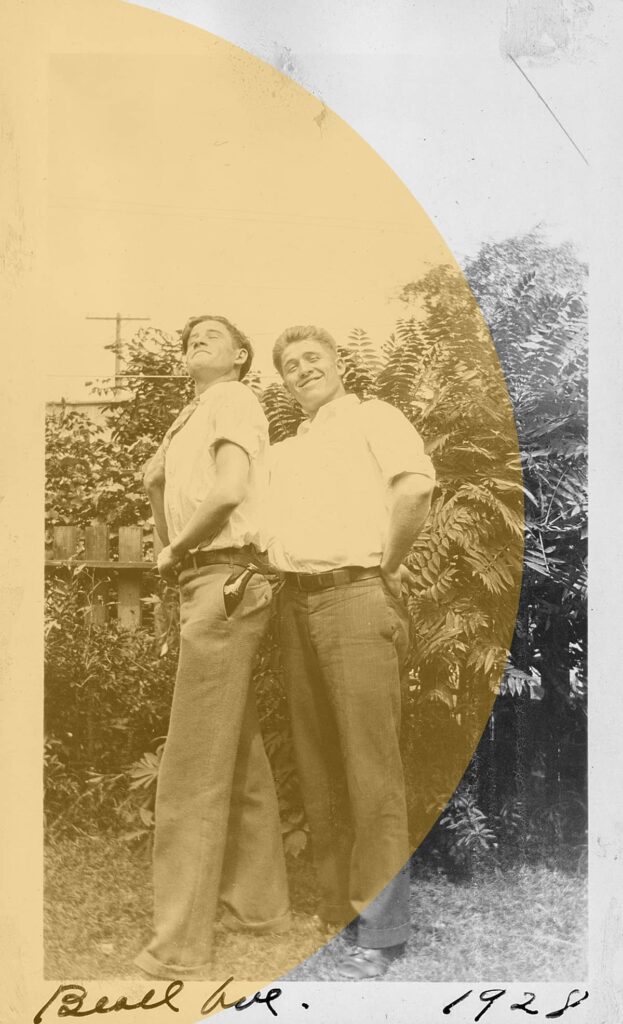Finding long-term care becomes necessary when someone is unable to perform daily activities on their own for an extended period of time. Once long-term care becomes essential for a loved one, the legwork to search for and find a facility begins. Fortunately, with online platforms like Koazie and Helen’s Plan, families can now navigate their search for care with confidence and ease.
Koazie is a physician-led platform that aids in the transition of care and generates location-based providers and facilities according to the clinical and personal needs of the patient. On the other hand, Helen’s Plan is an easy-to-use, comprehensive tool that archives, secures, and encrypts personal information, granting family members access to the information they need to close affairs and streamline end-of-life responsibilities.
Talking about Getting Long-Term Care
Ganesh Laxminarayan, Executive Director at Health IT and CTO at The Innovation Institute, the provider that launched Koazie, shared that lots of times it is difficult for our loved ones to admit they have overriding challenges that require additional care, but that having information ready is the best way to navigate that conversation.
“We’re working hard to introduce more and more content on Koazie that will continue to help guide care decisions and make it easier for family members to have that conversation with their loved ones,” said Laxminarayan.
If accessible by the platform, Koazie serves facility information as detailed as the number of available beds, star ratings, insurance accepted, medical services available, and statistics regarding the quality of patient care.
Insurance
The process of finding the right long-term care facility almost always starts with insurance, and what types a facility accepts. Oftentimes, this is something a case manager or social worker will help you determine on top of advocating for your loved one, guiding them toward the best possible care plan, and coordinating those cares.

Types of Services Provided
While a case manager or social worker is likely to recommend a facility based on clinical needs, you should also consider the personal needs facilities meet.
For example, having someone on staff who speaks the same language as your loved one is crucial to getting them the care they need. While hospitals are required to provide an interpreter when necessary, healthcare providers may use phone-based translation systems that lack the ability to recognize nonverbal cues and expressions.
Likewise, opportunities for recreational activities provide your loved one physical and cognitive progress, plus time to socialize with the other residents in their facility.
Location
The distance a facility is from family should play an important role in the final decision, especially when it comes to visiting hours and your loved one’s care plan. Before you get too far into your search, ask your loved one how far away they’d be comfortable living from family and friends.
Facility Features
Beyond cares and extracurriculars, you’ll want to note any significant features within the facility that could affect your loved one’s lifestyle. This could include anything from shared versus single rooms to acceptance of COVID-19 patients, weekday and weekend visiting hours, and transportation and care options for outings.
Comparing Facilities
Once you’ve compiled your top facilities, start comparing details right down to the quality ratings and inspection reports.
“It’s important for patients and families to know, even if a facility does have a 5-star rating, if they have any penalties or violations, and if so, what types,” said Laxminarayan. If accessible by the platform, this is something families can find on the Koazie site, or through a search of your state’s Department of Health website.

Take a Tour
Certain factors can only be determined after seeing the facility or talking with staff. That’s why, you should plan to tour any facilities in your final round of decision-making.
Once Care is Established
Once a facility is lined up, speak with your loved one’s case manager, social worker or medical director to get an understanding of their long-term care plan moving forward. Now is also the time to consider getting a power of attorney or advance directive in place, if there isn’t one already. This is something that can be accomplished and accessible to only the family and friends of your loved one’s choice, at the levels they choose, with a tool like Helen’s Plan.
In the end, careful consideration of your loved one’s care plan, lifestyle and comfortability will get them the right kind of care they need to be in a healthy state.
Sign up online at HelensPlan.com.

